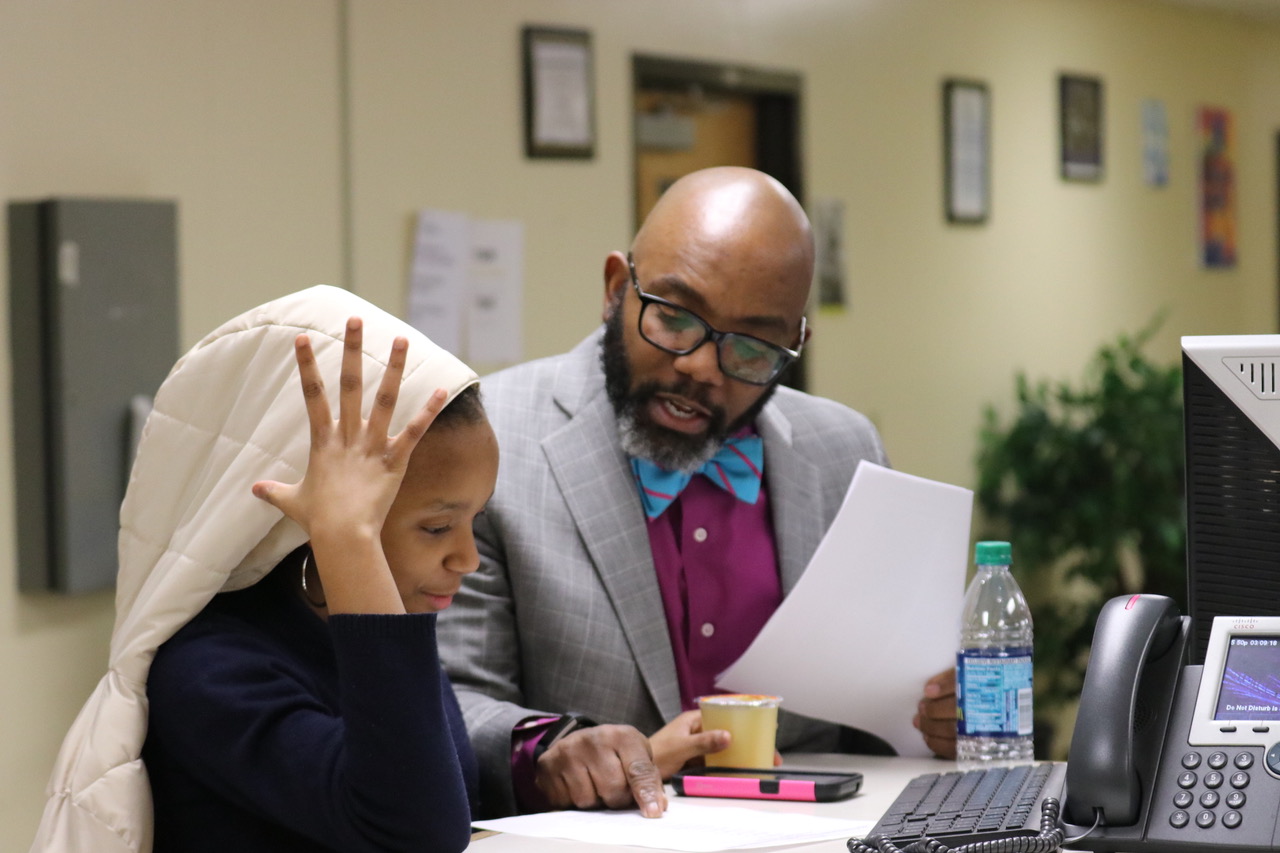Hello, Parent... Your Child is Doing Great!

By Terrence Williams
A large body of research — as well as our own practical experience — indicates that parent engagement is a key factor in students’ academic success. But all too often, parents only hear about when students aren’t behaving well. Rarely do teachers and administrators actively reach out to relay positive things about a child, beyond what is written in a report card or grade book. The predominance of negative feedback tends to push parents away rather than pull them more deeply into our school community.
At Lincoln Middle School in Passaic, New Jersey, we are using a behavior management platform called Hero to acknowledge and reinforce positive behaviors among students and flip the ratio of positive to negative communications. In just one year, we are already seeing a trend toward more positive behaviors occurring school-wide as a result. A significant by-product of our use of the software is that families are getting automatic notifications when their child does something positive, and not only when their child misbehaves—and this positive feedback is leading to stronger family engagement.
Hero is an online platform we use to track and reward positive student behaviors (as well as record disciplinary infractions). When our teachers or administrators see students who are doing what they are supposed to be doing, they can assign “Hero points” rewarding those students for their good behaviors. Students save up their points and redeem them for special privileges and other incentives.
In our school, we enforce a strict dress code, and students can earn Hero points for wearing the required uniform. They also earn Hero points for being in class on time, for being on task, and for performing “random acts of kindness.” With those points, students can earn pizza parties and “dress down” days, where they don’t have to wear their school uniform, which has proven to be a very popular incentive. Perhaps even more exciting is that at the end of the school year, the student with the most Hero points will walk out of school with a flat-screen TV. Our entire administration, including Principal Mr. Fawzi Naji, supports our effort to build an embedded reward system into the school’s culture.
These incentives are making a big impact on how our students behave. Students are using the Hero app on their phones to keep track of how many points they have earned, and they can see their progress as they work toward their goals. We have come to realize that it isn’t just the promise of a reward that is changing their behavior. It’s also the positive recognition that comes from earning Hero points. This point system shines a spotlight on the good behavior of students who might not be noticed otherwise. And when students witness other students being rewarded for doing the right thing, they want to be recognized as well.
Families can sign up to get automated alerts on their phone when their child is either recognized for doing something right or disciplined for doing something wrong. Like students, they can also track how many Hero points their child has earned. This helps us to balance the conversation between teachers and families. Instead of only hearing about their child’s negative behavior, parents are learning about all the good things their child is doing, too. It has been my experience that parents never get tired of hearing when their child is doing the right thing—and we believe this is leading to better relationships with families.
Tools and ideas to transform education. Sign up below.
Interestingly, when parents do get an alert saying their child has been late to class, they are more apt to take it seriously and have a conversation with their child about how to prevent this behavior going forward. This added layer of parental accountability could be another reason why our students are getting to class on time more frequently.
This is our second year of using Hero, but our first year with a system of incentives in place for students to redeem their Hero points. In our first year, we mostly used it to track disciplinary infractions. Since we began using it to reward positive behaviors as well, we have seen an 89% increase in students getting to class on time and a 92% increase in random acts of kindness.
We have found that Hero is a powerful tool for enlisting the support of families as allies in improving student behavior. Because our parents are learning about all the good behaviors their child demonstrates at school, and not just the bad ones, they have become much more active partners in building a positive culture at our school.
About the author: Terrence Williams is an Assistant Principal at Lincoln Middle School in Passaic, N.J.
